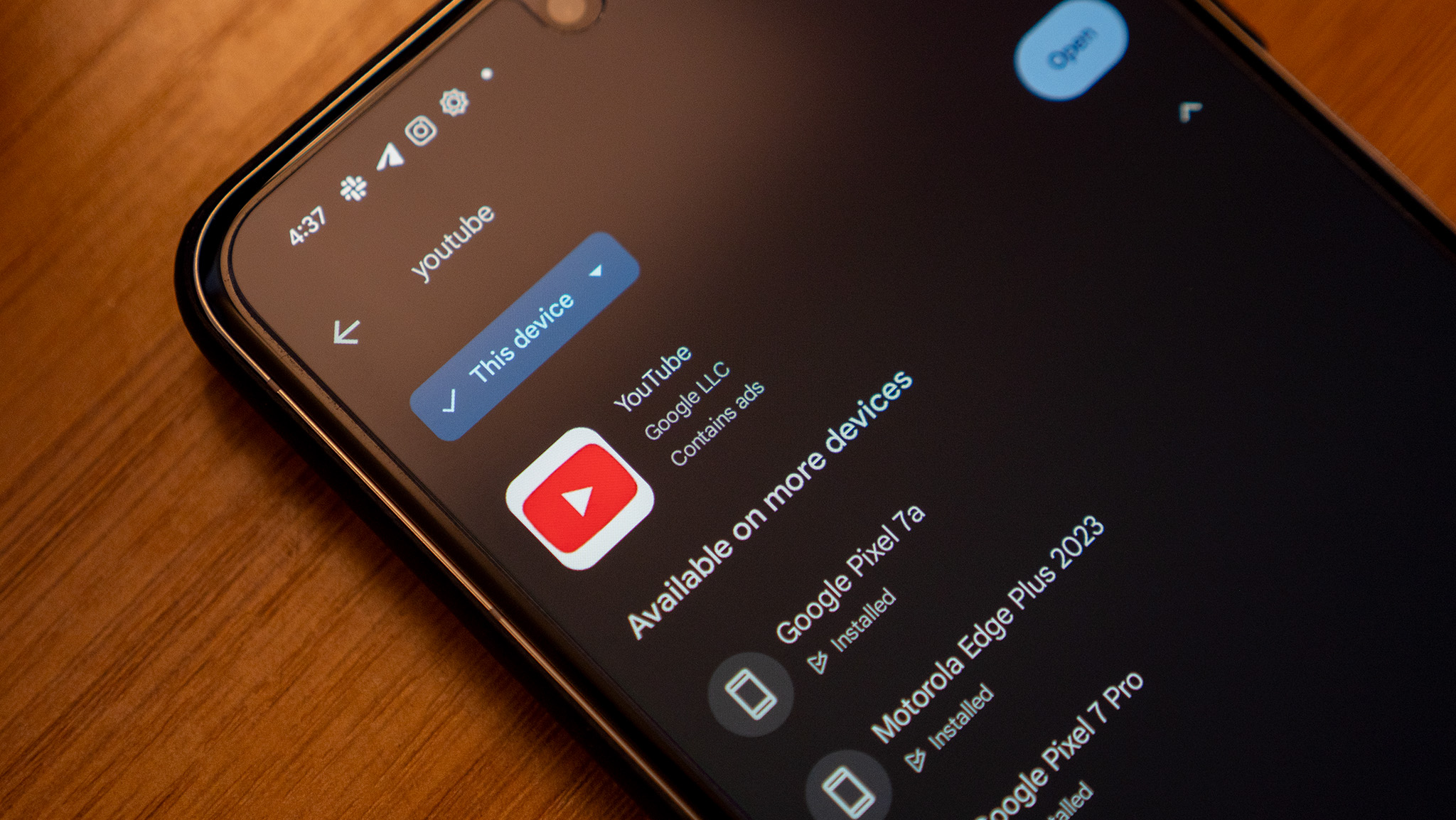Why Google's plan to reduce Android ad tracking is both smart and sneaky
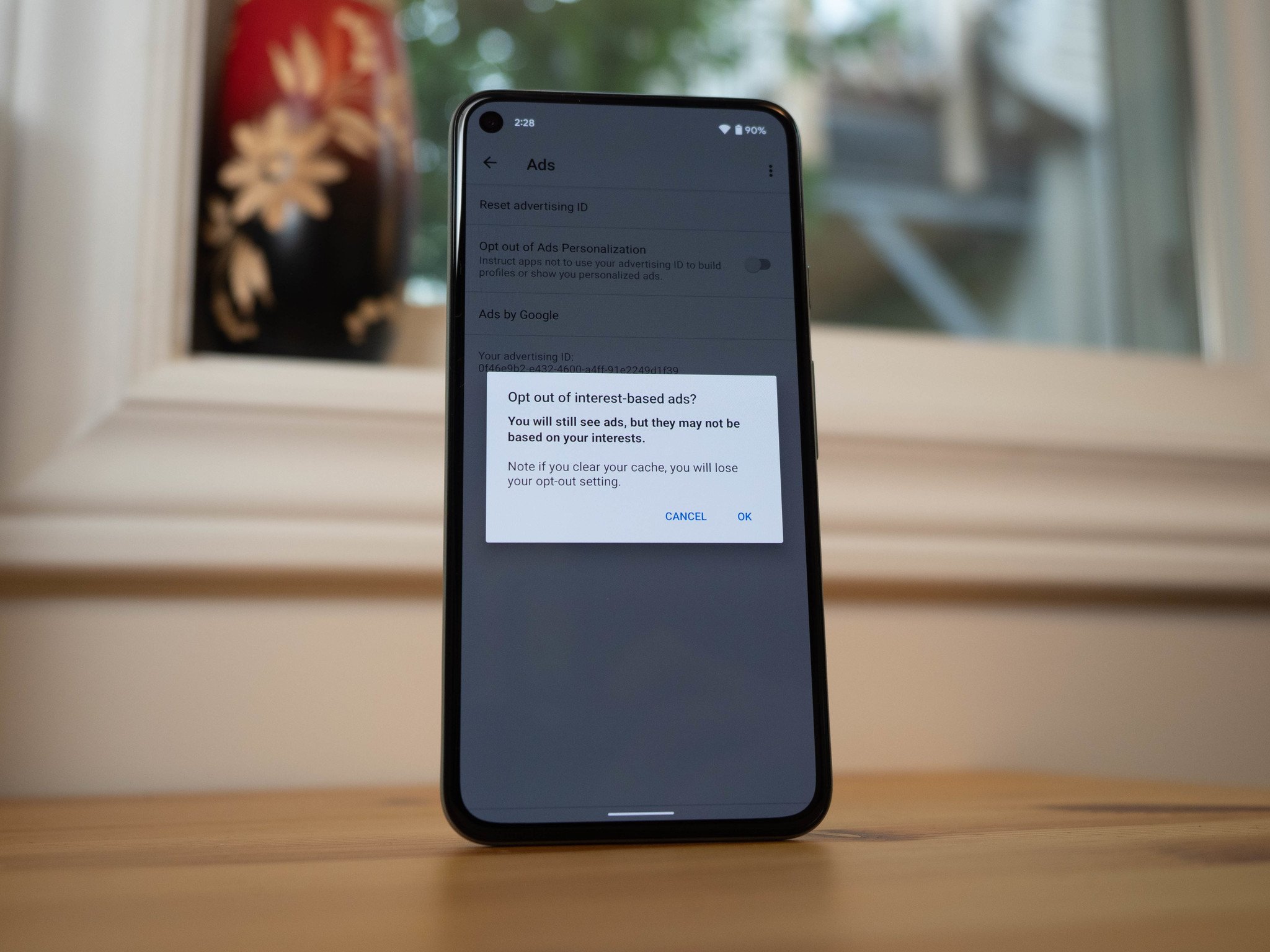
Get the latest news from Android Central, your trusted companion in the world of Android
You are now subscribed
Your newsletter sign-up was successful
Google's new Android ad tracking privacy protections are welcomed by experts, but some criticize the company for not making them more transparent and accessible to the average Android user.
In early June, the tech giant announced it was strengthening its privacy protections for Android users who want to make it harder for advertisers to track them. The Financial Times reported that the move was to "counter Apple's image as a better steward of personal data." Apple most recently announced new privacy tools that give users control over apps tracking their movements.
According to the move made by Google, it will target a $400 billion-a-year digital advertising industry by letting users fully opt out of sharing their "Advertising ID," an identifier that allows advertisers to track your movements from app to app.
Google already lets users limit ad tracking on Android phones by opting out of sharing their Advertising ID with developers, but that process is deeply hidden in the settings and does not prevent less scrupulous developers from attaining it anyway.
But starting later this year, once an Android user opts out of sharing that cross-app Advertising ID, developers will instead obtain "a string of zeros instead of the identifier," according to Google, who shared the news in an email with Android devs earlier early this month. The more ironclad privacy protections will first roll out to Android 12 users by the end of 2021 — of which there will be admittedly few at that point — before becoming widely available to all Android users through a Google Play Services update in early 2022.
Google is making it much harder for developers to track you across apps, but you have to know how to enable it.
The move would theoretically make it hard for advertisers to know your movements even when using some of the best Android apps, since Google is also cracking down on developers who abuse location data by forcing them to offer users the choice of providing precise or coarse location details.
Nishanth Sastry, a professor at the University of Surrey in the U.K. and specializes in the privacy of tracking technologies, said in an interview that the move is welcomed adding that for the most part when companies are self-regulated, they will do things in their best interest that benefits them. Google is now pushing that and is trying to make good with consumers, he said.
Get the latest news from Android Central, your trusted companion in the world of Android
"But if doing so, and the manner in which they're making money becomes socially unacceptable, then they will start moving off of it. And that's what's happening now. There's more consciousness about privacy and for Google, that's part of the motivation for them," he said.
However, despite what looks like a positive move from Google, Sastry said the company should ask users, like Apple does, whether they want to allow developers to track them at all. "If you wanted to really protect people's privacy, you should turn it on by default," he said. "Not many people are actually going to go and set their Advertiser ID to 000. Google could have gone further and turned that on by default, which would have made more sense," he said.
In the first quarter of 2021, 82% of Google's revenue came from advertising, and the company says it strikes a fine balance between user privacy and accomplishing its core business goal of pairing advertisers with the right viewers. Given that the Play Store is filled primarily with free apps that garner revenue through Google's extensive ad network, it's understandable why the company does immediately hide that coveted Advertising ID from developers, but experts contend that the choice of being shown fewer targeted ads should be in the hands of phone owners.
Why didn't Google make it easier to opt out of ad tracking and why didn't they make it the default?
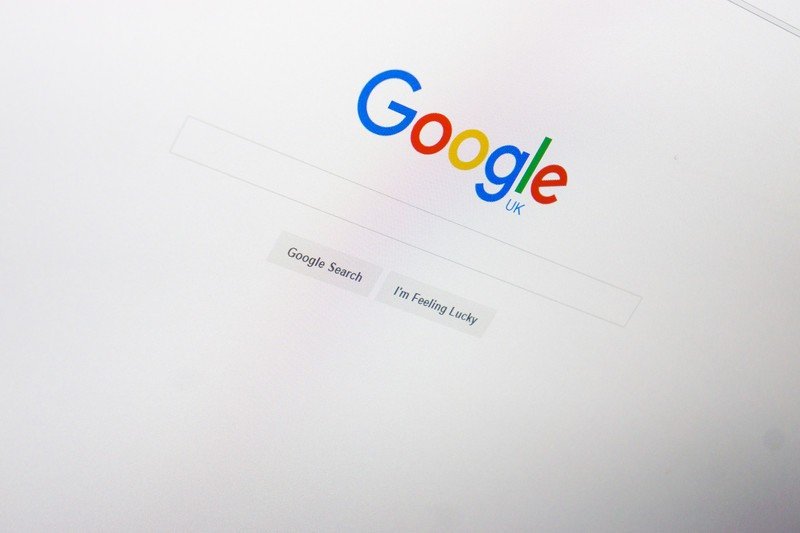
Carmi Levy, a technology analyst, said in an interview that it was a "deliberate design decision" by Google to make the steps to turn off ad tracking so deep in the system and hard to find.
"They didn't want you to turn it off, they didn't want you to know it was there. It had been there since 2013, and no one talked about it until now and that was perfectly fine for Google because it raked in something like $146 billion in advertising revenue last year," he said."Making it obvious to the end users represented a clear and present danger to Google's lifeblood. Google is essentially an advertising-driven company. It has significantly more to lose from any change to in-app behavior vis à vis advertising-related app behavior. The vast majority of Google's revenue comes from advertising. That is not the case with Apple.
Levy explained that Apple can afford to play the "good guy" because the company relatively makes a "trivial amount of money" from advertising. In Q4 2019, Apple reported earning $12.51 billion from services but does not break down how much of that comes specifically from advertising.
The fact that Google is leaving the setting an opt-out is problematic, say experts.
Levy agreed with Sastry in that Google is trying to make changes now because consumers are "starting to question why their information is being gathered" in the way that it is.
"The window is slowly closing for companies like Google and the old way of doing business, basically collecting huge amount of information by default and sharing it with whoever they wish is coming to an end," he said. "Google needs to figure out a way to cross that valley and maintain its business."
Most average users will likely never venture in to change privacy settings
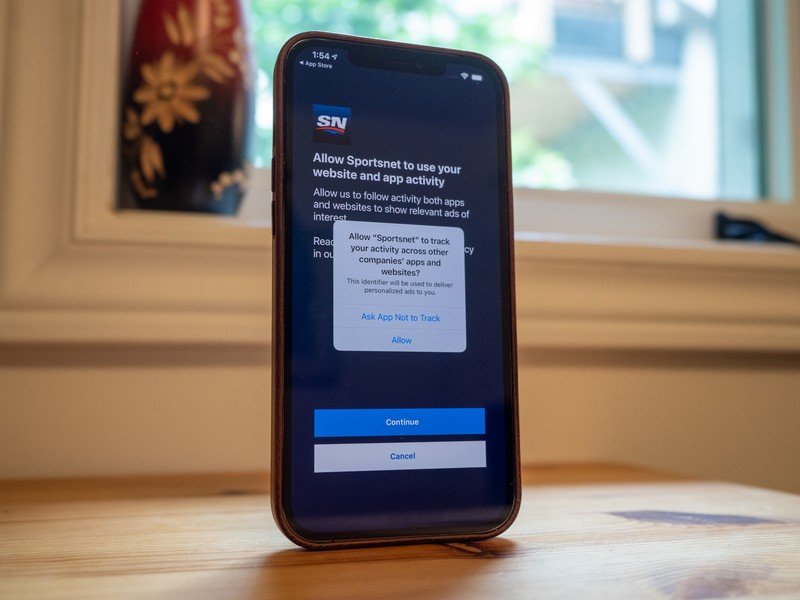
In the case of Apple, users are prompted by a message that asks if they want the app to track their behavior for ad tracking purposes, Levy said. The biggest issue is that Google has not made it simple and that most average users will not think about going into their settings to implement Google's new changes, he said.
"As long as that is the case, nothing will change. In other words, the vast majority of Android users almost never ventured into their settings for any reason, let alone change their privacy settings, so this makes a great headline," he said.
"There are those who will believe that Google is doing right by its stakeholders but the truth of the matter is as long as we rely on billions of end-users to manage their own privacy density, not a whole lot is going to change in the industry."
Narseo Vallina Rodriguez, a digital privacy scholar, agreed with Levy and said in an interview that there has been a "huge range of privacy attitudes," which are often determined by cultural aspects.
"It is still common to find people accepting being tracked by software, even after 10 years of industry abuses and the Cambridge Analytica scandal," he said. "Once a user grants access to the permissions requested by an average mobile application, they lose control over their privacy and the fate of their personal data; they cannot track for what purposes their personal data will be processed once it is uploaded to a server in the cloud."
Rodriguez said that there is a significant percentage of the population that just don't see the real magnitude of the problem.
Not the first time Google has tried to fix its privacy problems
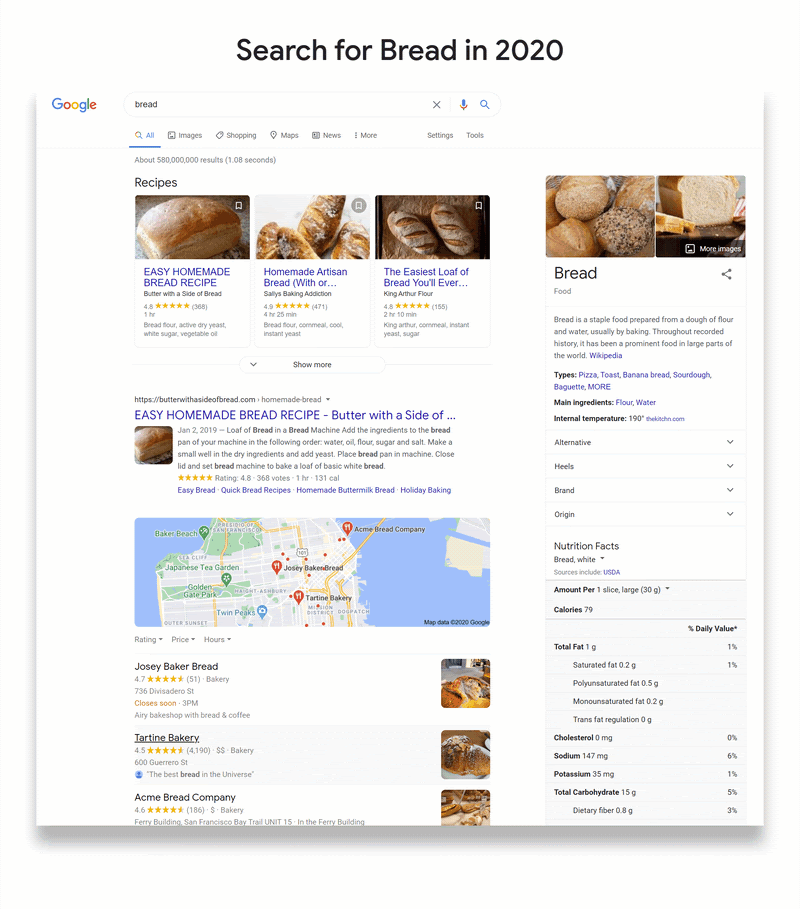
While this step to allow those who opted out of ad tracking to fully not be tracked is a positive move, it's also not the first type of announcement the company has made in an effort to appease the more privacy-conscious user.
Google announced in March that it would also no longer build alternate identifiers to track individuals as they browse the web. Called FLoC, this meant that Chrome would be discontinuing third-party cookies "in the name of consumer privacy."
It did send "shockwaves" through the ad industry because of the scope that third-party cookies offer. It is used for everything including audience data collection and segmentation to ad targeting and personalization to granular attribution measurement.
Forrester wrote that Google is "trying to burnish its reputation as privacy-friendly in the face of much competition from other browsers."
"Its demand-side platform, ad exchange, and other demand- and supply-side tools will take a hit, as those platforms will be more limited in which marketer and publisher use cases they can enable. But for Google, the hit is worth the upside, where Google is thinking about the company's long-term sustainability and business growth," the blog post said.
Google's revenue diversification project
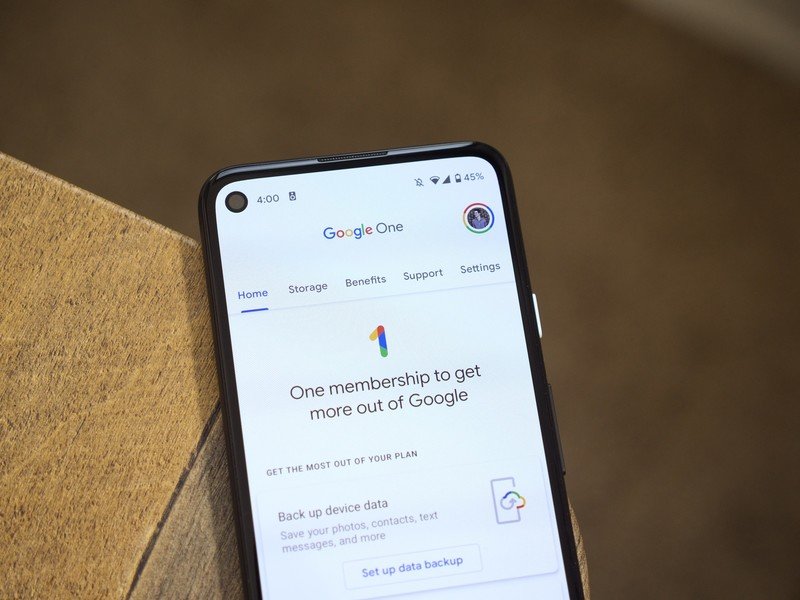
On Monday, Google announced that it would be offering an option for small businesses to partake in Google Workspace, a $10 monthly subscription that was previously only available to larger enterprise customers. Other efforts the company has made to boost revenue from other sources include the move to charge users who want extra storage on Google Photos through its Google One subscription, and charging users for YouTube Premium to remove ads and gain access to premium music streaming.
As Google continues to dip its toe into new repeated subscription revenue — there's also Play Pass and Stadia Pro on the gaming side, and Nest's popular Protect option — it hopes to balance out some of its reliance on advertising dollars.
Rodriguez added that trying to change an industry on day one is impossible and that the steps Google is taking are taking is good.
"Online privacy is a massive problem with many ramifications. Changing the practices and business models of the whole industry from one day to another is really difficult," he said. "It requires not only a lot of effort to enhance user awareness and educate developers in implementing software respectful with users' privacy, but also policy making, enforcement, and research to put pressure on the industry and platform operators."
Have you listened to this week's Android Central Podcast?

Every week, the Android Central Podcast brings you the latest tech news, analysis and hot takes, with familiar co-hosts and special guests.

Shruti Shekar is Android Central's Editor-in-Chief. She was born in India, brought up in Singapore, but now lives in Toronto. She started her journalism career as a political reporter in Ottawa, Canada's capital, and then made her foray into tech journalism at MobileSyrup and most recently at Yahoo Finance Canada. When work isn't on her mind, she loves working out, reading, watching the Raptors, and planning what she's going to eat the next day.
